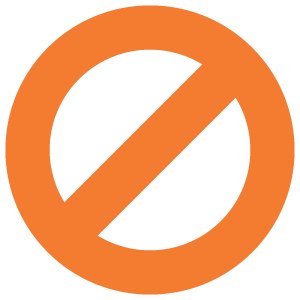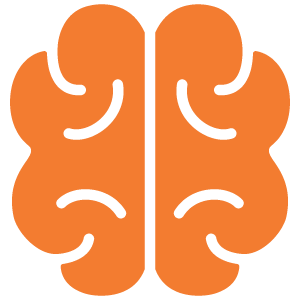Co-Occurring IOP Programs
Core Recovery’s Co-Occurring Intensive Outpatient Program is our most common IOP program track. Human beings are complicated, and oftentimes we struggle with more than one thing at once – including mental health, addiction, and/or eating disorders. The Co-occurring IOP program recognizes this reality by meeting you where you are and developing a treatment plan that addresses the overlapping and interconnected challenges you currently face. You may be struggling with your mental health and an addiction, your mental health and an eating disorder, or all three at once. At Core Recovery, we are here to help.
Core Recovery’s Co-Occurring IOP provides comprehensive, integrated care, between three and five days per week. Core Recovery’s clinical team includes therapists, psychiatric professionals, registered dietitians, and case managers, all of whom work collaboratively to meet the individualized needs of every patient.

Treatment Tailored to Your Needs
From the first day of treatment, Core Recovery clinicians engages warmly, honestly, and empathetically with every patient to develop a customized treatment plan that is tailored to meeting that patient’s unique clinical needs and personal goals. We do not believe in a “one size fits all” approach. Your individualized treatment program will be designed based on your individualized assessments by therapists and psychiatric professionals who have experience treating mental health, substance use, and eating disorders.
Generally, treatment plans include a combination of group therapy, individual therapy, family therapy, diet and nutrition counseling, and psychiatric / medication management and treatment. Patients who are struggling with an eating disorder also participate in supported meals and ongoing meal-planning.
Evidence-Based Care
Core Recovery’s Co-Occurring IOP program uses evidence-based modalities—including cognitive behavioral therapy (CBT), dialectical behavioral therapy (DBT), and eye movement desensitization and reprocessing (EMDR)—to provide patients struggling with one or more mental health issues, addiction issues, and/or eating disorders a healthy and positive therapeutic experience.
Learn About What to Expect as a Patient
Our integrated care model brings together a team of Psychiatric Nurse Practitioners, Counselors, Case Managers, and Behavioral Health Technicians to create a personalized and comprehensive treatment plan for each patient at our Arizona-based mental health facility.
| Adult IOP | Adult PHP | Adolescent IOP | Adolescent PHP | |
|---|---|---|---|---|
| Individual Therapy | ||||
| Family Systems Therapy | ||||
| Group Therapy | ||||
| Psychiatric & Medication Services | ||||
| Creative Expression Therapy | ||||
| Diet & Nutrition Counseling | Mandatory for eating disorder program participants. Optional or as clinically indicated for all other patients. |
|||
| EMDR | If clinically indicated. | |||
| Supervised Education | Optional | |||
Our Commitment as Your Partner in Your Treatment Journey
The decision to enter into an IOP program can be a difficult one for anyone to make alone. Sometimes, individuals recognize they need care, but are hesitant to invest significant time and energy in their recovery because they have other important commitments and obligations, and they simply do not know whether attending an IOP program will be worthwhile.
At Core Recovery, our commitment to you is that we will be your partner and match your investment. We pledge that at Core Recovery, the work you put into your care will be rewarded by the transformation that you see in your mental health, well-being, and quality of life.
FAQs About Core Recovery's Co-Occurring IOP
A: Core Recovery offers programing for those struggling with co-occurring disorders including mental health diagnosis, eating disorders, and substance use.
A:
At Core Recovery your treatment program will be customized to meet your individual needs. Once we have completed our evidence-based assessments, determination of level of care and program type will be a collaborative process with your treatment team.
A: It is common for patients to apply for FMLA or Short-Term Disability while in one of our programs. Often, approval is dependent on your level of care and diagnosis, which is determine during your initial intake appointment. Our PHP patients participate in programing for a minimum of 20 hours a week, while the IOP program requires a minimum of 9 hours and up to 19 hours a week.
A: The efficacy of outpatient programs—particularly IOPs and PHPs—appear to be as effective as inpatient programs in helping people get and stay sober.
One study found that an outpatient program for alcoholics had a 58% abstinence rate and a 79% improvement rate in patients at a two-year follow-up.
Another study found a 67% abstinence rate for inpatient participants, a 75% abstinence rate for outpatient participants at a 6-month follow-up, a 60% abstinence rate for inpatient participants, and a 68% abstinence rate for outpatient participants at a one-year follow-up.
A review of 12 studies and one review published between 1995 and 2012 found that IOPs and PHPs produced similar reductions in drug and alcohol use and increases in days abstinent compared to inpatient or residential programs.
Contact Us Today
If you or a loved one are struggling with one or more issues relating to mental health, addiction, or an eating disorder, we’re here to help. Contact us today to learn more about our co-occurring-focused programs and take the first step toward a brighter, healthier future.

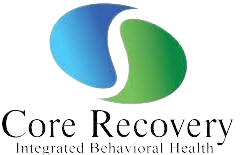

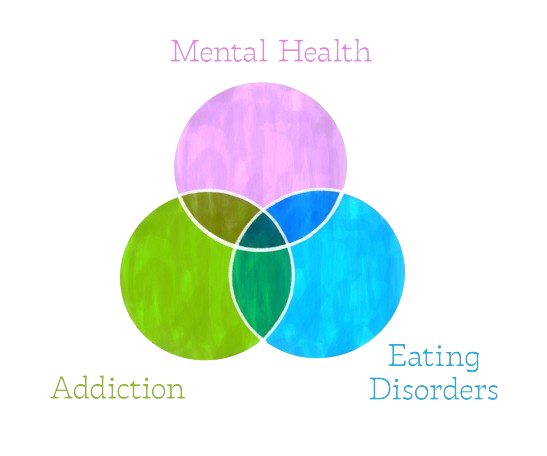
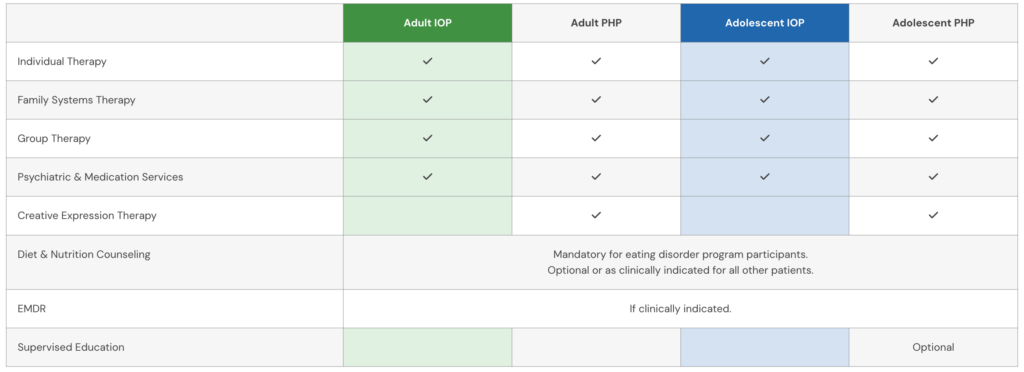

 In CA By O360®
In CA By O360®

